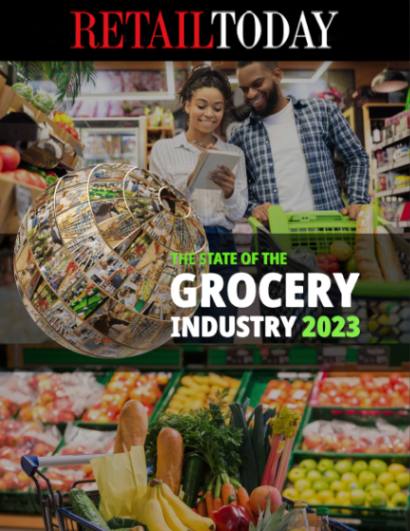Sellercloud, a multi-channel e-commerce management platform with billions of dollars in ‘Gross Merchandise Volume’ (GMV) has released the Sellercloud Multi-channel Sales & Fulfillment Trends Report. Sampling from hundreds of North American businesses selling on the Sellercloud platform indicates volume from Fulfillment By Amazon (FBA) declined while other non-FBA channels increased.
The proprietary research shows that in January of 2020, Sellercloud customers sold 48% of their products through Amazon FBA. By May, Amazon FBA’s volume decreased to 26% of total sales across Sellercloud. During the same period, other non-FBA channels increased steadily to over 74%.
Factors contributing to this include Amazon’s own inability to meet increased demand and extensive delivery delays of up to 4 weeks – compared to the typical 2-day Prime shipping. Sellers relying on FBA have suffered due to preferential treatment of ‘essential’ products.
“Many think of Fulfillment By Amazon (FBA) as the ‘golden child’ of sales channels due to Amazon’s fast fulfillment and favorable logistics services. Sellercloud’s GMV used to be a 50/50 split between FBA and every other non-FBA channel yet when Amazon made sweeping changes to their platform, channel-driven merchants pivoted to other sales channels such as Walmart, Overstock, eBay and Wayfair. At Sellercloud our goal is to empower merchants by offering a dynamic solution that can accommodate dramatic shifts in strategy, workflow and business objectives,” says Jeremy Greenberg, Founder & CEO of Sellercloud.
The report details that Sellercloud customers began 2020 with a near even split between FBA and non-FBA channels. By the end of May, almost 90% of monthly GMV came from non-FBA channels.
According to Sandy Kory, Managing Director of Horizon Partners, in San Francisco,”businesses who solely relied on Amazon for fulfillment and sales sold less product and saw sharp decreases in volume. On the contrary, those who diversified their ability to sell and fulfill, saw increased volume as a result.”
While Amazon will likely continue to reign as the dominant online marketplace, the takeaway for savvy retailers should be to avoid depending exclusively on a single sales channel. Instead, opting for a multi-channel sales strategy has proven to be a more reliable and profitable plan of action.
“While relying on FBA as a primary sales channel used to be the standard, this pandemic has shown that relying on any singular sales channel causes online merchants to miss out on significant opportunities — opportunities that may translate into a +400% increase in sales in just a few short months” says Jeremy Greenberg, Founder & CEO of Sellercloud.





